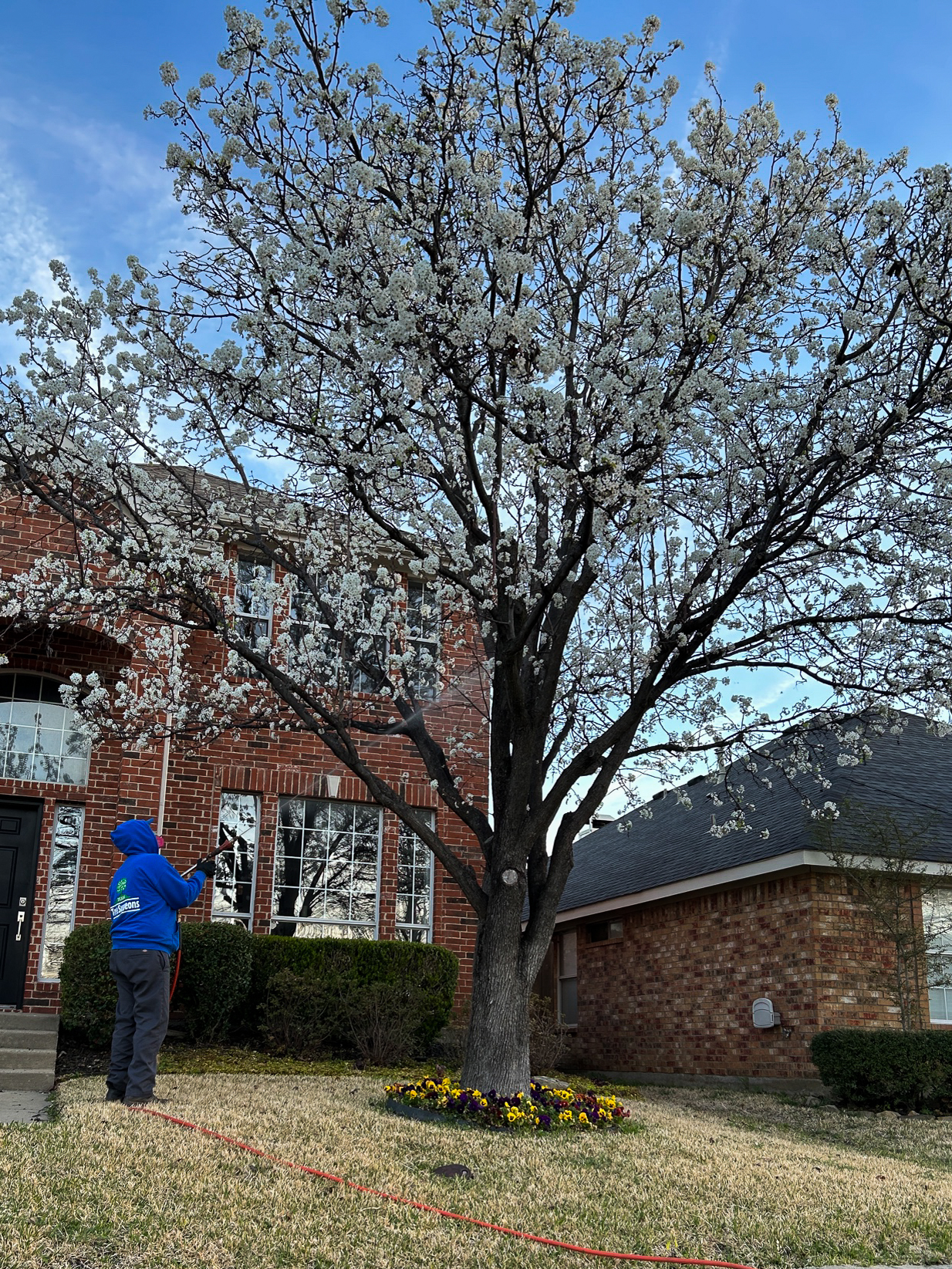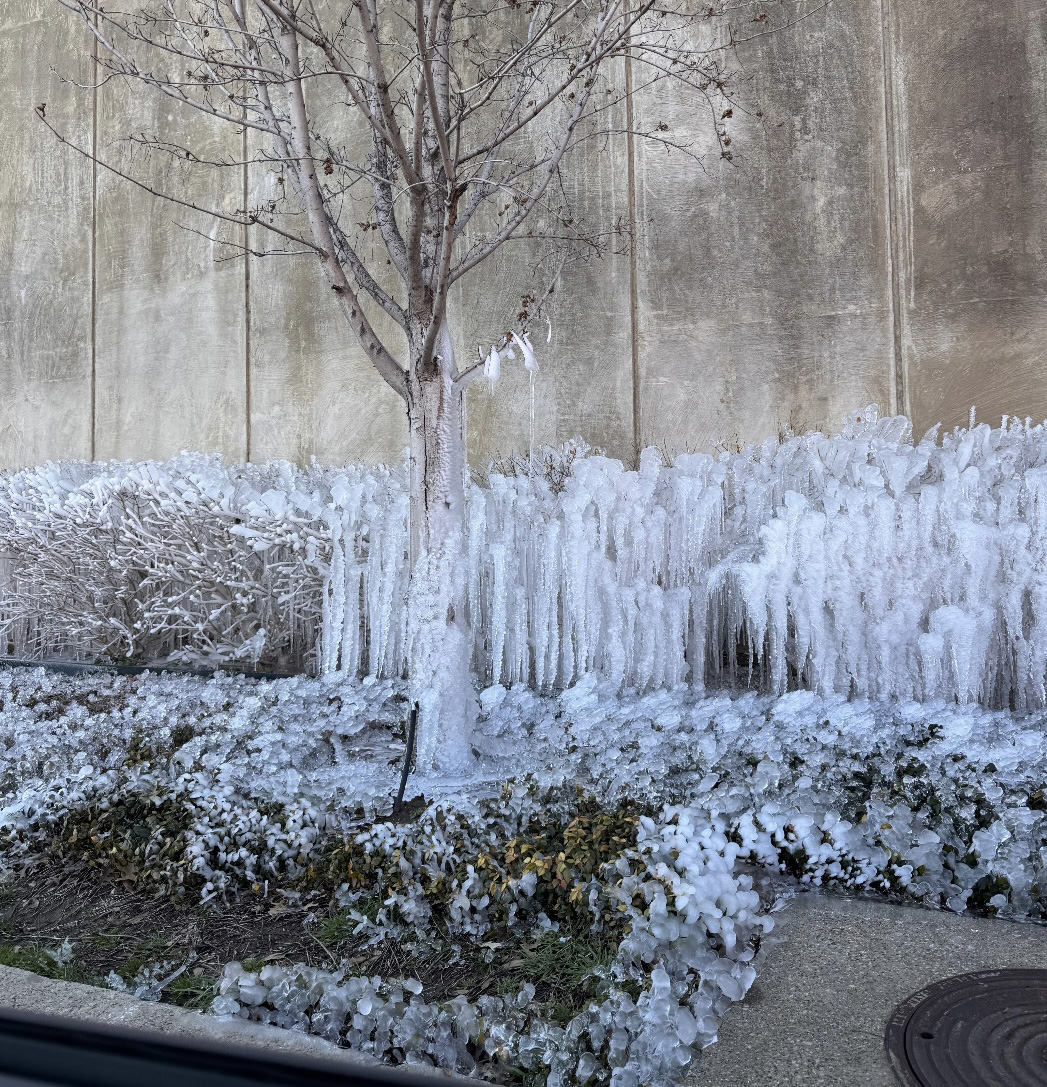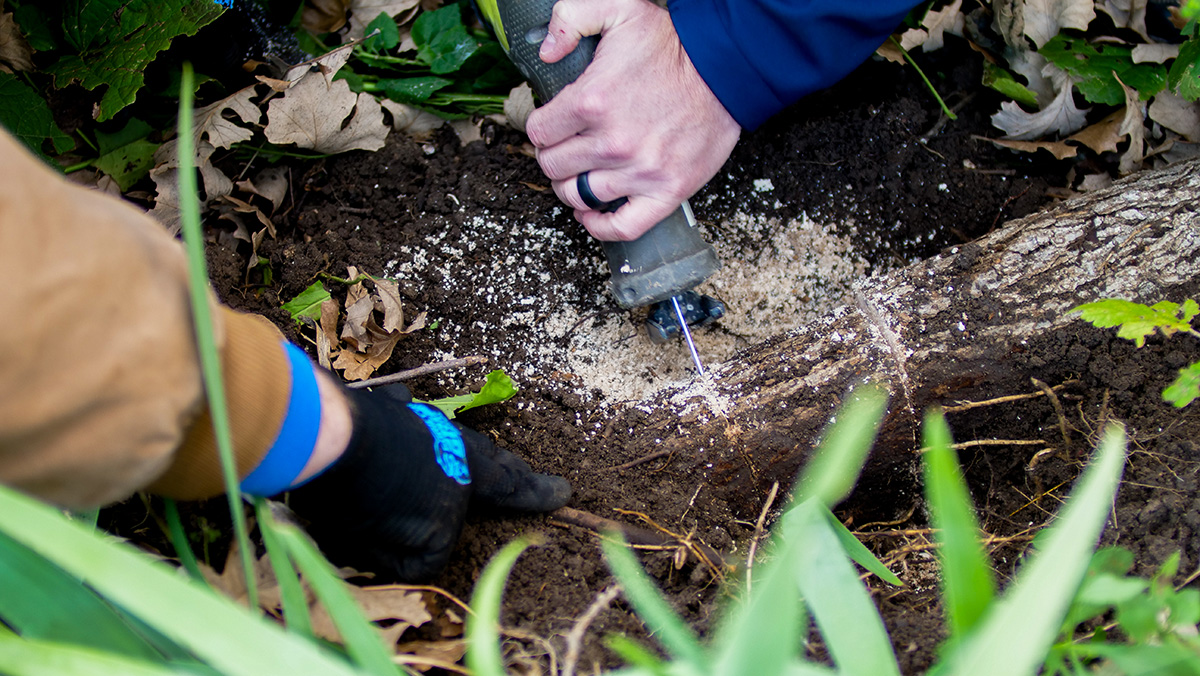Is There Such a Thing as a “Tree Doctor?”

Another installment in our series of posts where Texas Tree Surgeons answers your tree questions. Are you having problems with your trees and want to know what’s wrong? Let us know!
I sometimes hear the term “tree doctor;” is that a real thing?
We are used to going to the doctor when we are sick. We go to the dentist for our teeth, and take our pets to the veterinarian, but what about our trees? Is there such a thing as a “tree doctor?” How can I find a “tree doctor” near me?
Luckily, there are “tree doctors,” and like human doctors, they have to undergo education, have experience, and can have certain specializations. Also like human doctors, “tree doctors,” called “certified arborists,” rely on many other professionals to provide the highest standard of care.
What is a Tree Doctor?
- In the tree care industry, “tree doctors” are called “certified arborists.”
- When we use the term “certified arborist,” we mean a tree worker with a specific set of skills and training.
- The organization that sets the standards for arborist certification, like the licensing boards for physicians, is called the International Society of Arboriculture (ISA).
- The ISA has chapters all over the world, and covers every state in the US.
- In order to be certified by the ISA, an arborist must demonstrate experience caring for trees, pass a written exam, and earn a certain amount of continuing education credits.
- Certification must be renewed every three years.
If ISA Certified Arborists are tree doctors in general practice, then ISA Board Certified Master Arborists are like specialists.
- To become a master arborist, one must be a certified arborist for a certain number of years or have a degree in arboriculture, forestry, or a related field.
- On top of that, one must have demonstrated experience as an arborist for a period of time, pass a difficult written exam, and be individually approved by the ISA Board of Examiners.
- To maintain board certification, the master arborist has to complete extensive continuing education in different subject areas every three years.
What Does a Tree Doctor Do?
Certified arborists are trained in all aspects of tree care, including proper trimming, health assessments, pest and disease diagnosis, watering and fertilization, planting, and basic tree safety protocols.
- Depending on their particular job, an arborist may have more experience in one area than another, or may have additional skills, like tree climbing.
- In general, certified arborists should know how to trim a tree to keep it healthy; how to identify diseases, pests, or stressors that might be affecting the tree; and when to recommend removal for safety reasons.
In addition to the fundamentals of tree care, some certified arborists attain further credentials in a specific area.
- An often-studied subject is how to identify and manage safety risks related to tree breakage or failure.
- The ISA has established the Tree Risk Assessment Qualification (TRAQ) as a way for certified arborists to demonstrate their knowledge in this area.
- The Texas Chapter of the ISA has also created the Texas Oak Wilt Qualification (TOWQ) to recognize certified arborists who are trained in the identification and management of the virulent oak wilt disease.
- Additionally, there are qualifications available for specialized tree workers, for safety specialists, and for arborists who work around dangerous power lines or perform municipal work.
Will A Tree Doctor Trim My Trees?
While all ISA Certified Arborists should understand proper tree trimming for health and safety, that does not necessarily mean that it is the arborists themselves who do the actual trimming or other tree work.
- In the case of larger, more established tree care companies, certified arborists will establish protocols and methods for tree care.
- Guidelines for tree care are published by the ISA, the Tree Care Industry Association, and other professional associations,
- The instructions of certified arborists will be executed by trained tree workers, who may not hold arborist certifications themselves.
- Similarly, if trees need fertilization or pest control, the individuals who apply the products are usually experienced in the application process, not the diagnosis.
It may be helpful, again, to compare a “tree doctor” to a medical doctor. In most cases, especially in a larger clinic or hospital setting, the primary care doctor will diagnose an illness or condition and write orders for further testing, prescriptions for medications, or referrals to specialists.
- Certified arborists oversee the entire process of care for a particular tree, deciding on a course of action.
- From there, the certified arborists assign certain tasks to certain other team members who are experienced and trained in that area.
- The tree climbers and other tree workers are like the physician’s assistants and medical technicians who perform the specific tasks of patient care.
- The plant health care technicians are like the pharmacists who distribute medication.
- Certified arborists even have access to a lab for performing tests on samples — in Texas, the experts at the Texas Plant Disease Diagnostic Laboratory provide lab services for arborists all over the state.
Nurses and patient care professionals are tasked with the day-to-day activities of treating disease, and the diverse members of a tree care team each have a particular set of skills that lead to trees receiving the highest level of care.
Do Tree Doctors Know Everything About Trees?
Additionally, just as medical doctors recommend second opinions or refer patients to specialists, effective certified arborists consult with others in their field to offer better tree care. As mentioned before, master arborists have a greater depth of knowledge and experience in many areas, and can provide support to other arborists as well as primary tree care themselves.
- Certified arborists with a credential in a specific disease or in tree risk assessment may be asked to consult on a particular project.
- In some instances, such as when a tree’s monetary value is in question, even master arborists may seek the services of an American Society of Consulting Arborists registered individual who has received training in the area of tree valuation.
- Ultimately, the best certified arborists in your area may not individually have detailed knowledge of every particular of tree care, but they should know how to find it.
- When you are considering hiring an arborist, be sure to ask about what resources (experts, labs, etc.) they use to diagnose and care for trees.
Like a trustworthy medical doctor, a reliable tree doctor knows when to ask for help, to make sure your trees are expertly cared for.
At Texas Tree Surgeons, we are proud to employ ISA Certified Arborists and Board Certified Master Arborists holding both Tree Risk Assessment and Texas Oak Wilt Qualifications. Our arborists are committed to continuing education and growing in the knowledge and practice of their profession. Our full-service tree care team includes experienced crews who train under an ISA Board Certified Master Arborist, Texas Department of Agriculture Licensed Applicators who apply our plant health care products, and a diverse support staff who handle all aspects of our locally-owned and family-run business. We are always happy to answer your questions about how we work and what we do. To learn more about our services, training, and experience, browse our website or get in touch!
Related Blogs
Similar blogs related to this topic


Fireblight
Fireblight is a common yet destructive bacterial disease affecting various species of fruit trees. It’s essential to identify it early and take action to prevent its spread. In North Texas we really only see this…
Read more

Help Your Trees Recover After a Freeze
If you missed the reminder about doing a deep watering before the freeze you may be concerned about your tree’s health. Follow these steps to ensure a healthy recovery for your trees after a freeze.…
Read more

Root Pruning
Root pruning is more damaging to mature trees than it is for younger more vigorous trees. With that said, at Texas Tree Surgeons we can prune roots of healthy trees. Using certified arborists will minimize…
Read more
